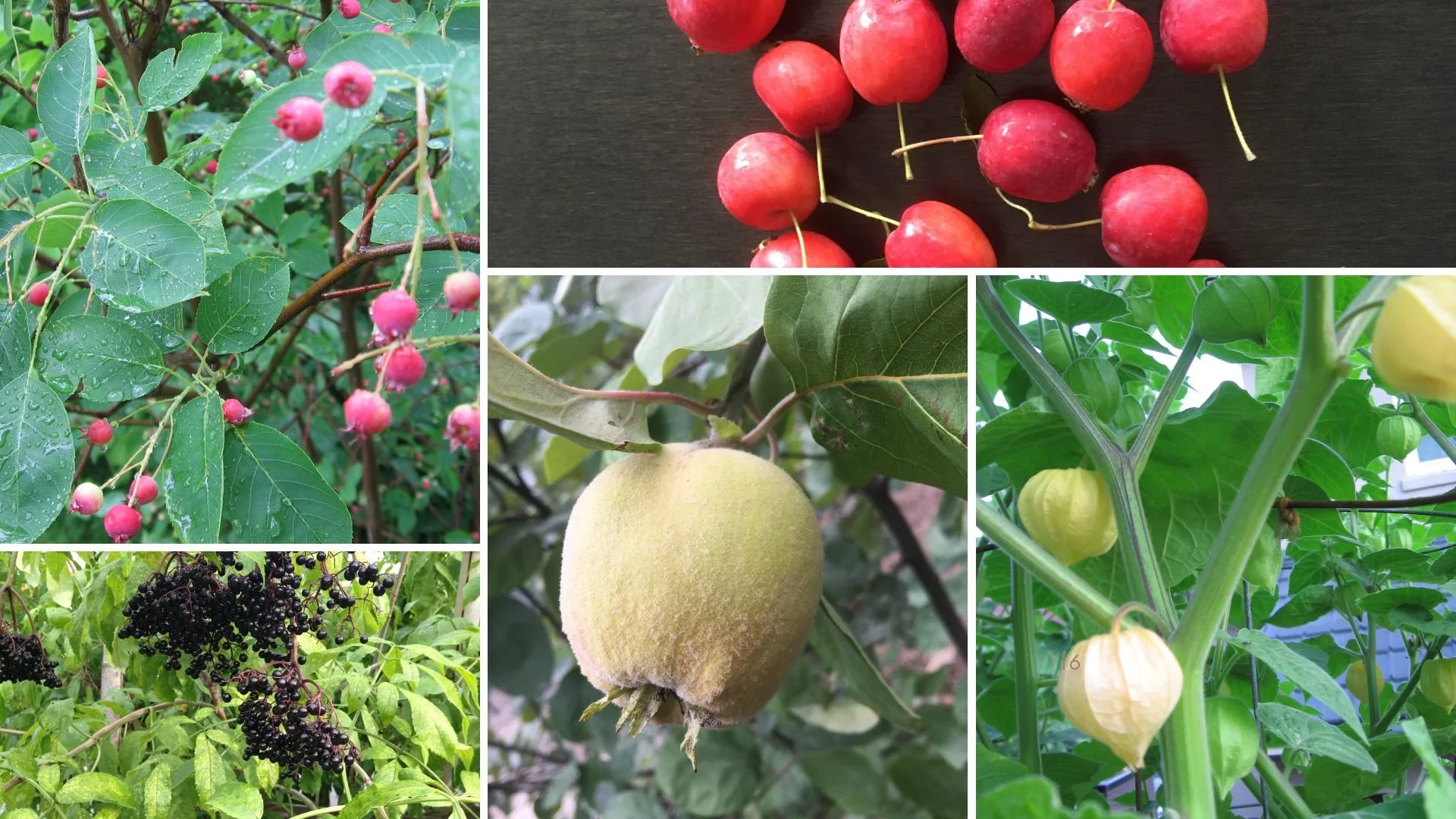Conrad Richter from Richters Herbs talks about the genus Rubus and its medicinal and herbal uses, such as raspberry-leaf tea.
It’s an astringent. And it might already be growing in your yard or nearby. Today we take you beyond eating raspberry fruit to explore the herbal and medicinal properties of the plant itself—along with its relatives in the genus Rubus.
Ever heard of raspberry-leaf tea? Tune in, and find out about the many uses of this plant.
Raspberry Family
Conrad Richter from Richters Herbs joins us to delve into the history, herbal, and medicinal properties of the approximately 700 species of the genus Rubus.
Science meets History
Richter, who trained in botany, also has a keen interest in history. “I do straddle those two worlds very well,” he says.
He says that the earliest recorded use of Rubus dates back 10,000 years. And 2,000 years ago, the ancient Greeks recorded its use for treating diarrhoea. As an “astringent,” a class of herbs that shrinks tissue, it’s medicinal properties were well documented.
Fast forward to the present day, and Richter says that there is interest in using Rubus leaves in creams to “tonify” the skin, and in the health benefits of the anthocyanins in the fruit.
Interested in Growing Fruit?
Covering more than 20 fruits, the focus is easy-to-grow fruit suited to northern gardens. Fruits include cherry-family crops, currants, cane fruit such as raspberry and blackberry, elderberry, serviceberry and saskatoon, haskap, plum family, medlar, melon, husk cherries...and more! Find out more here..


